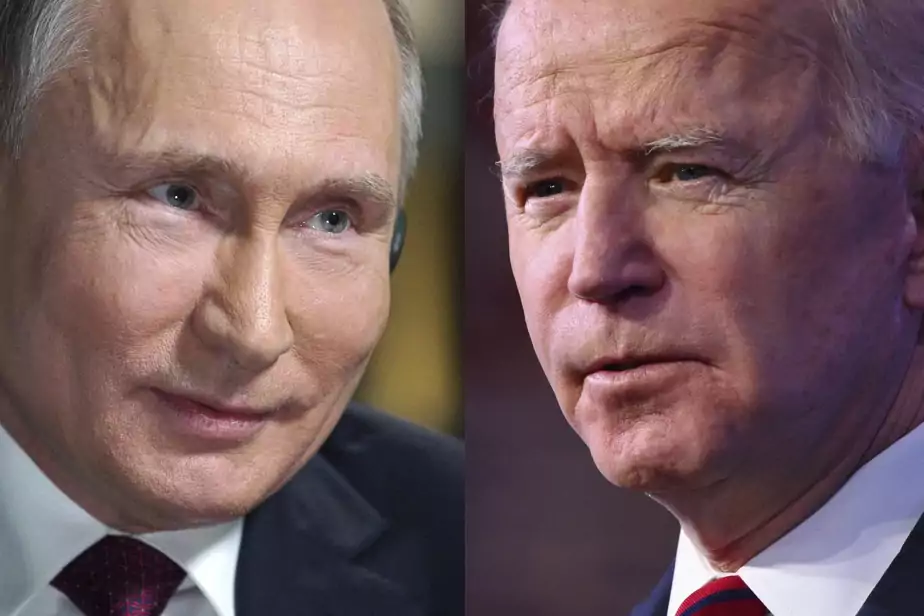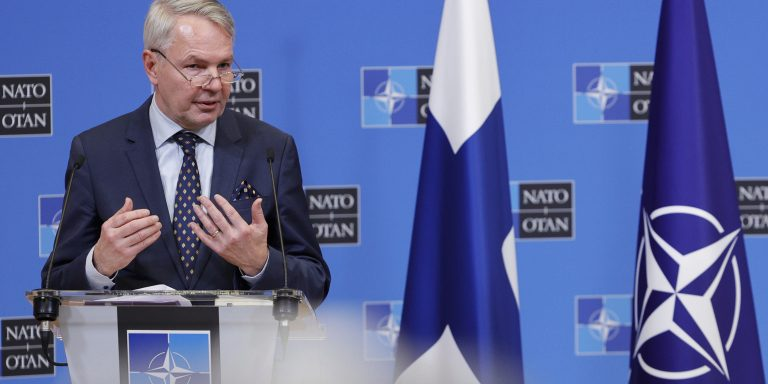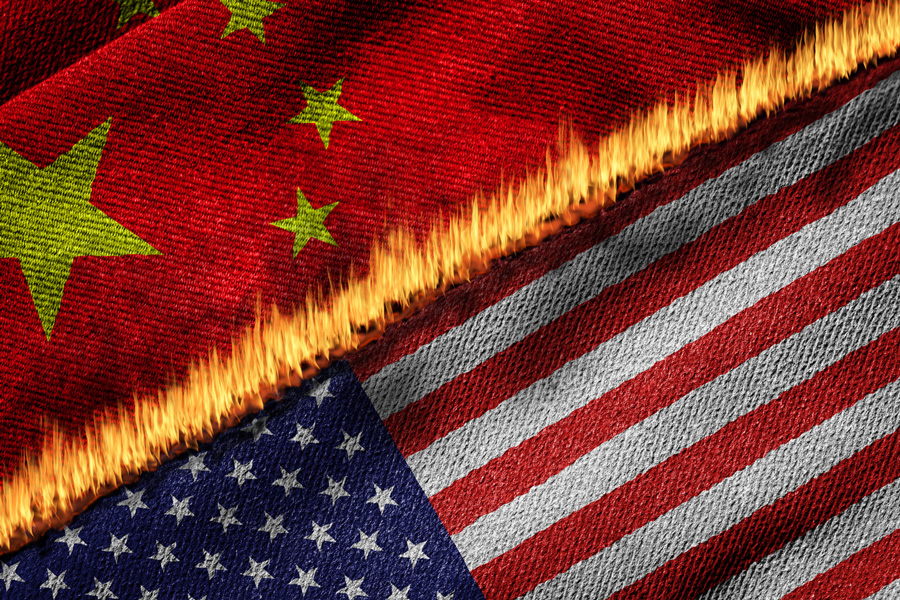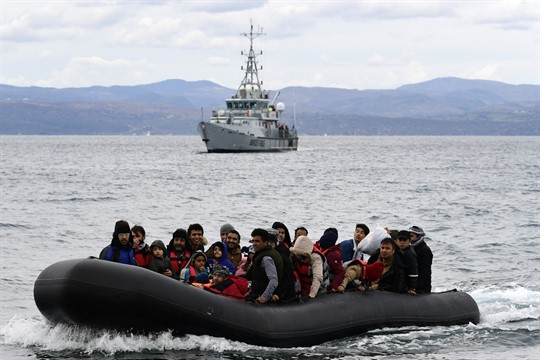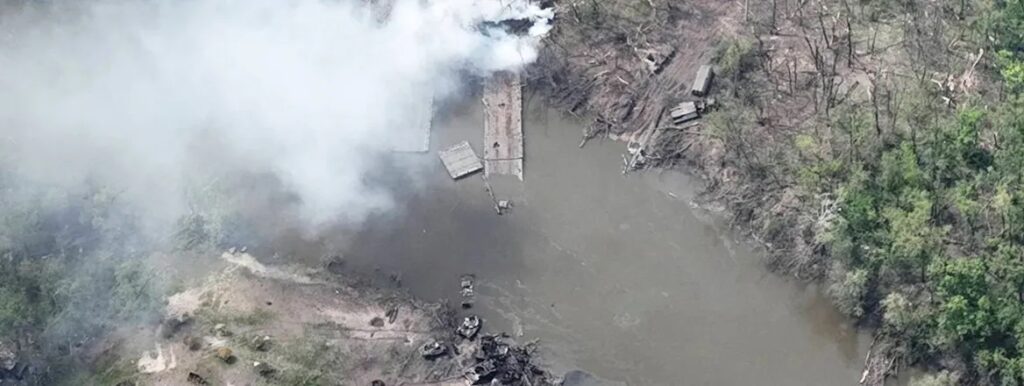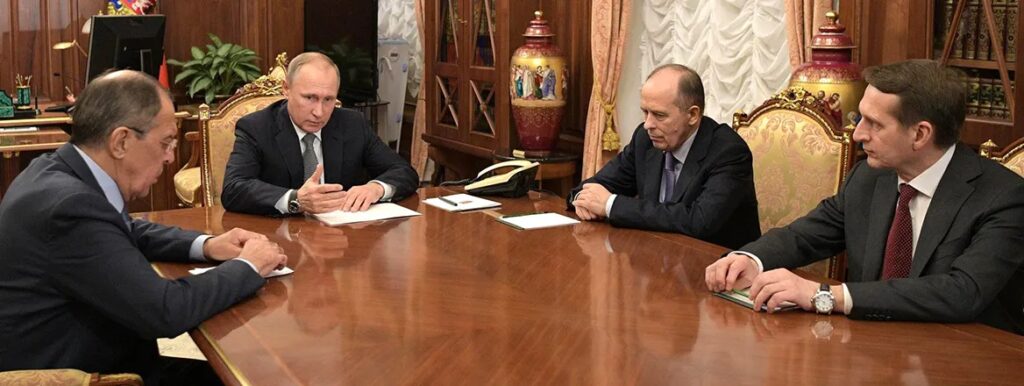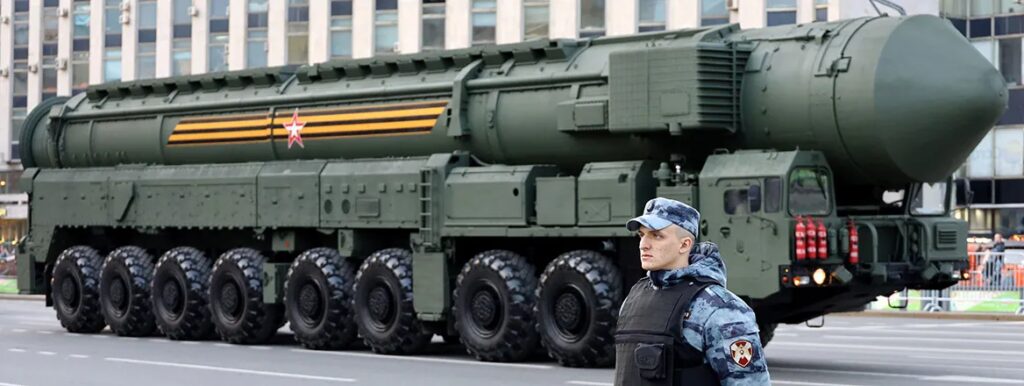Foreign Fighters: The Terrorism/IHL Conundrum and the Need for Cumulative Prosecution
The attack launched by ISIS on 20 January 2022 against the Al-Sina’a Prison in Al-Hasakah, an area situated in North-Eastern Syria and currently under the authority of the Kurdish-led Syrian Democratic Forces, with the intention of freeing ISIS fighters held there, once again demonstrated the importance of adequately addressing the situation of the foreign fighters still being held in camps in Syria (and Iraq).

